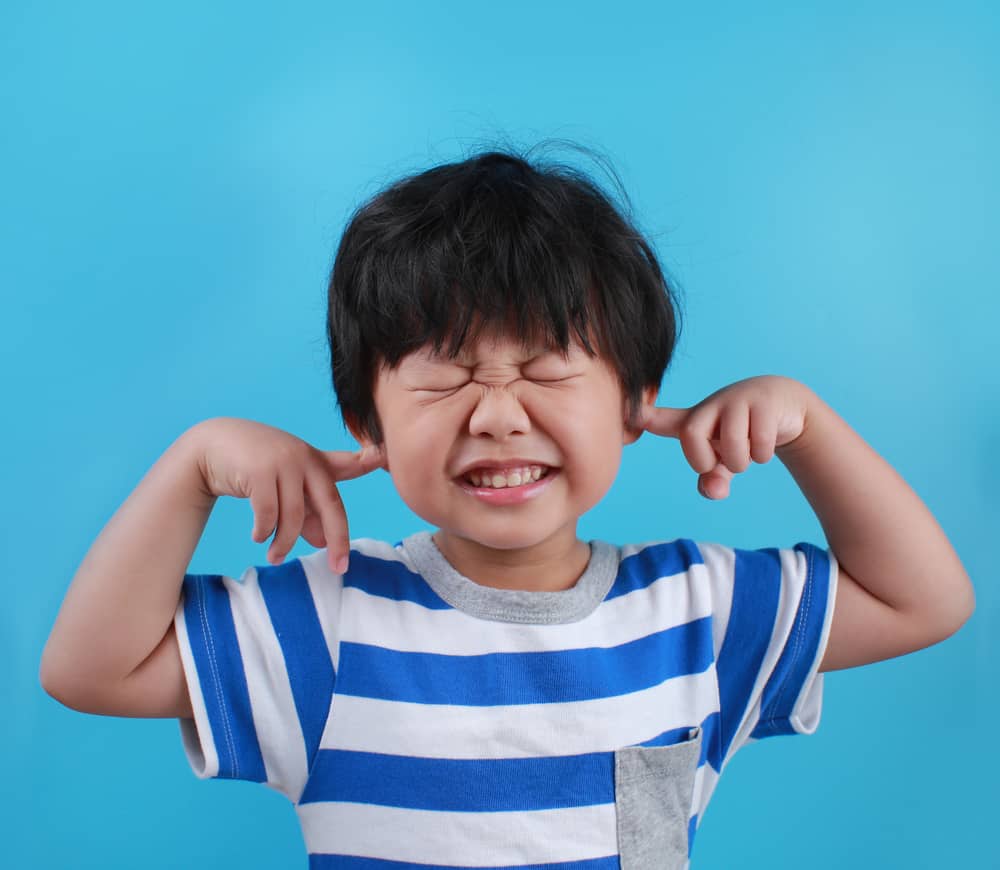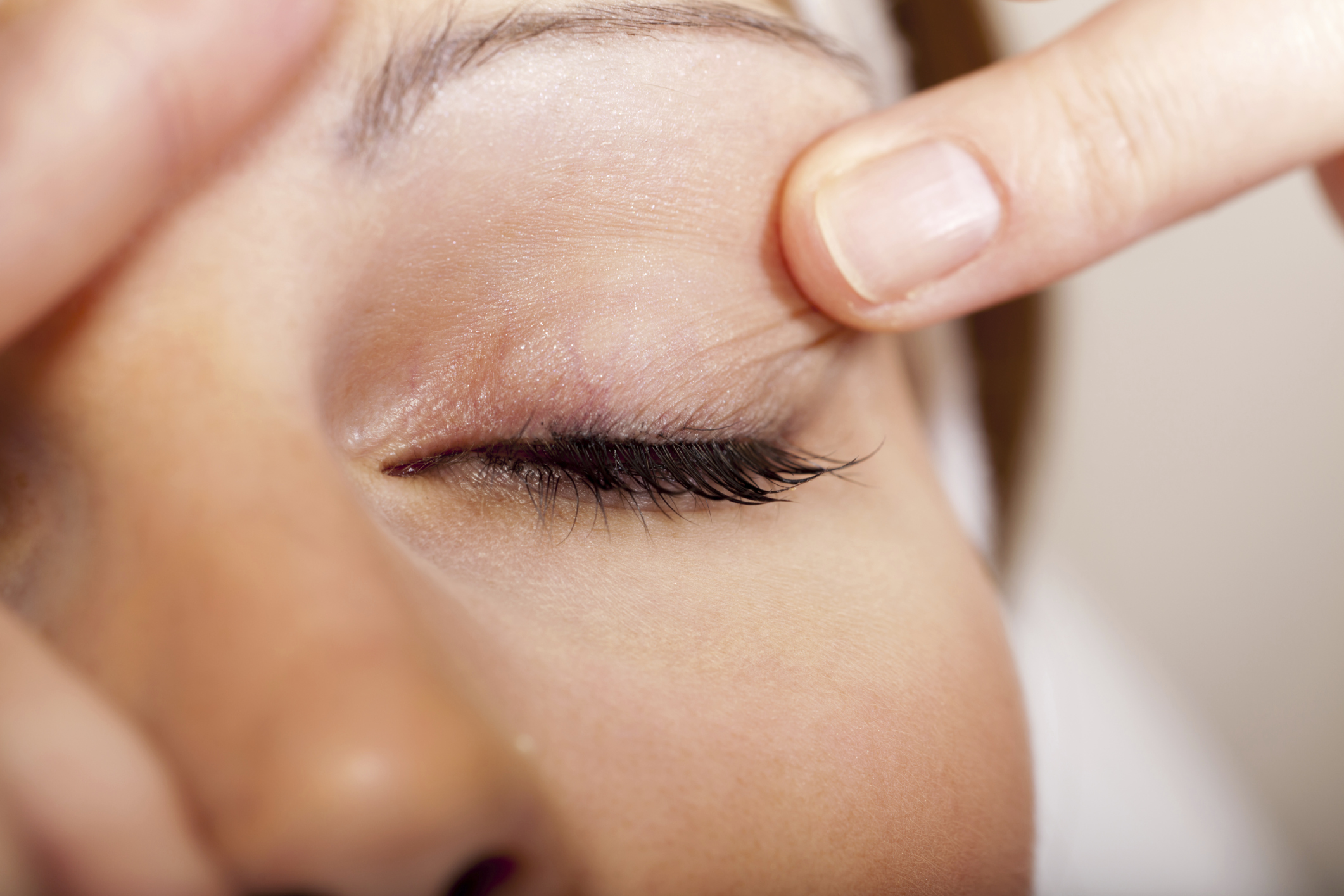Contents:
- Medical Video: Echolalia: Causes, Symptoms, Types, Diagnosis, and Treatment
- Echolalia is a mental illness, but it can occur in normal children
- Causes and symptoms of echolalia
- Common types of echolalia
- Functional echolalia (interactive)
- Non-interactive echolalia
- How to deal with echolalia in children
Medical Video: Echolalia: Causes, Symptoms, Types, Diagnosis, and Treatment
Ever heard a sound echoing? Maybe you often hear this sound when someone talks through a microphone. However, this condition can occur in children who have autism or certain health problems. This echoing sound that is often heard is also called echolalia. To be clearer about echolalia, see the following review.
Echolalia is a mental illness, but it can occur in normal children
Echolalia is actually part of a child's development, which is when your child learns to speak. They tend to imitate the same words repeatedly. However, when the child has entered the age of three to four years, echolalia will disappear because their ability to speak will improve.
If echolalia is not lost in the child, this indicates a symptom of brain damage which causes him to hear the same sound over and over (echoing).
People with this condition will usually have difficulty communicating normally because they have to try hard to understand other people's words. They may tend to repeat someone's question rather than answering the question.
Echolalia that does not disappear is generally owned by children with autism whose development of speech is delayed. In some cases, people with Tourette's syndrome can also have this condition. Tourette's syndrome is a condition of someone who tends to speak without control, even shouting.
People with aphasia, dementia, traumatic brain injury, schizophrenia can also have echolalia.
Causes and symptoms of echolalia
The presence of damage or disturbances in the brain, such as accidents or diseases of the brain can be the cause of echolalia. This disorder can also occur in someone who is anxious and feeling depressed.
The main symptom of echolalia is the repetition of words or sounds heard by the patient. Repetition can occur when someone else is talking or after the conversation is over. However, it can also appear in one hour or one day after hearing it.
Symptoms of echolalia that may occur in children include:
- Looks frustrated when talking
- Difficulty responding to conversations
- Easy to get angry when asked or start a conversation
- Tend to repeat questions rather than answer questions
Common types of echolalia
There are two types of echolalia commonly experienced by someone. However, both are very difficult to recognize until you or the doctor knows the patient and knows how the patient behaves when communicating. Types of echolalia include:
Functional echolalia (interactive)
People with interactive echolalia can still follow conversations with other people, even though the words spoken are often imperfect. Even often, asking questions to himself, even though he wanted to ask for something. All the words spoken are probably the words he often hears.
Non-interactive echolalia
People with non-interactive echolalia often reveal something that is totally unrelated to the situation at hand. They also often repeat questions many times before answering them. They tend to trigger words when they are doing something.
How to deal with echolalia in children
If your child has echolalia, you should not be discouraged. Some methods that can help children to overcome echolalia are:
- Speech therapy. Echolalia patients will attend speech therapy to learn to say what they think. This speech exercise is called "point-pause," that is, the therapist will ask a question, the child will be given a short time to respond to the question, then he must state the answer correctly.
- Drug therapy. Symptoms of echolalia will get worse when the child is stressed or anxious. Therefore, doctors will usually prescribe an antidepressant drug or anti-anxiety to make the child more calm.
- Home care. People around patients can help improve patient's ability to communicate. Parents may have to take part in training first to better understand how best to communicate with patients.














